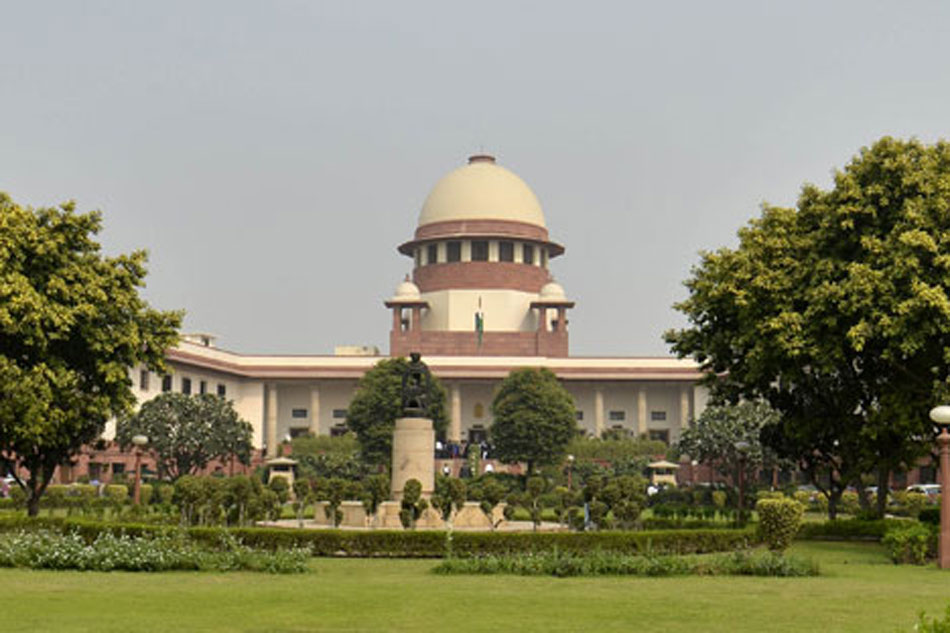The progress of society is predicated on the ability of law to reform itself. The need for reform, in turn, arises out of infirmities in statute books. The Supreme Court’s decision to strike down Section 497 of the Indian Penal Code, which criminalised adultery for over 150 years, is yet another heartening instance of the apex court’s ability to keep itself abreast of the changing times. The spirit of the said section, the highest court has made this explicitly clear, is in conflict with the notion of fairness. For instance, given its arbitrary nature, Section 497 chose to criminally prosecute a man for his intimate ties with the wife of another man but chose not to punish the woman as an abettor. This act of omission was premised not on oversight but on the equally regressive idea concerning the agency of women. Section 198(2) of the Code of Criminal Procedure, which, too, has been struck down, argued that in adultery, a woman’s husband, presumably the master of the house and the marriage, is the aggrieved party. This denouncement of autonomy for women contaminated Section 497 with other failings: it was inconceivable that the wife of an adulterer was entitled to an opinion on the matter or a means of redressal. But the recent judgment should not be viewed merely as an instance of the court intervening to correct imbalances in the law. The Supreme Court is, in fact, encouraging a conservative society to break new ground. The court’s observation that a woman’s sexual autonomy constitutes the “inviolable core of the dignity” of individuals restores the choice that has been denied to her in the name of a jaundiced morality.
It is this difference — the distinction between constitutional morality and social amorality — that has been laid bare most prominently in this context. Be it its ruling on adultery, or its recent decision to decriminalize homosexuality, the Supreme Court is setting the bar for the nation and its minders. Unfortunately, the progressive momentum that has been set by the court — can marital rape be acknowledged and redressed? — has not been matched on the ground. It is not uncommon to find kangaroo courts deciding the fates — and even lives — of those accused of adultery in India. Conservatism, hardened by the lack of awareness, is just one contributing factor. The complicity of the political class is another. It must be remembered that the Centre had argued for the adultery law to stay.










